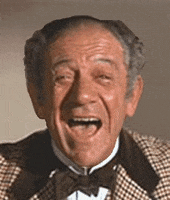Have to post my .02 here-
Been playing now for about a year by ear alone trying to learn and memorize by this device only. I found that I do have a very good ear and can quickly pick up things as long as I can clearly hear it. If I'm listening to a song and can't hear a fill or ride pattern then I'm lost. I'm slowly learning how to both read and write music (drum notation) with the help of my wife.
I see it this way- If I could read well, there isn't anything that I can't play. Right now I feel completely limited to playing only what I can make up and memorize. As I get better and better at reading, I can see the notes on the staff and actually hear them. This is helping me understand music in general and specifically the percussion structure of a song. It helps me understand the sound and feel of some of my favorite music.
Now, I'm 37 and will most likely never play in a band, make money from my music or make it in anyway. However I want to understand not only what I'm playing and why it sounds the way it does, but be able to analyze and understand what others are playing. Why does Moby Dick sound that way? Why am I obsessed with YYZ and Time Check?
I don't want to just play them (long, long way off!)but understand why they have that great sound. Is it absolutely essential if you are a prodigy or genius? No. But for the rest of us schmucks without the innate genius of Joe, Buddy, Neil and Vinnie, I believe it is a very good thing. When I have my own little drummer boy, he will learn how to read.
I feel limited in my musicality because I can't read well yet. It is a limitation for me.



